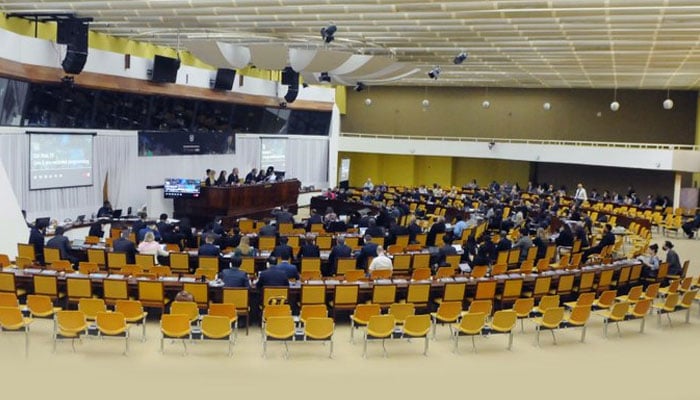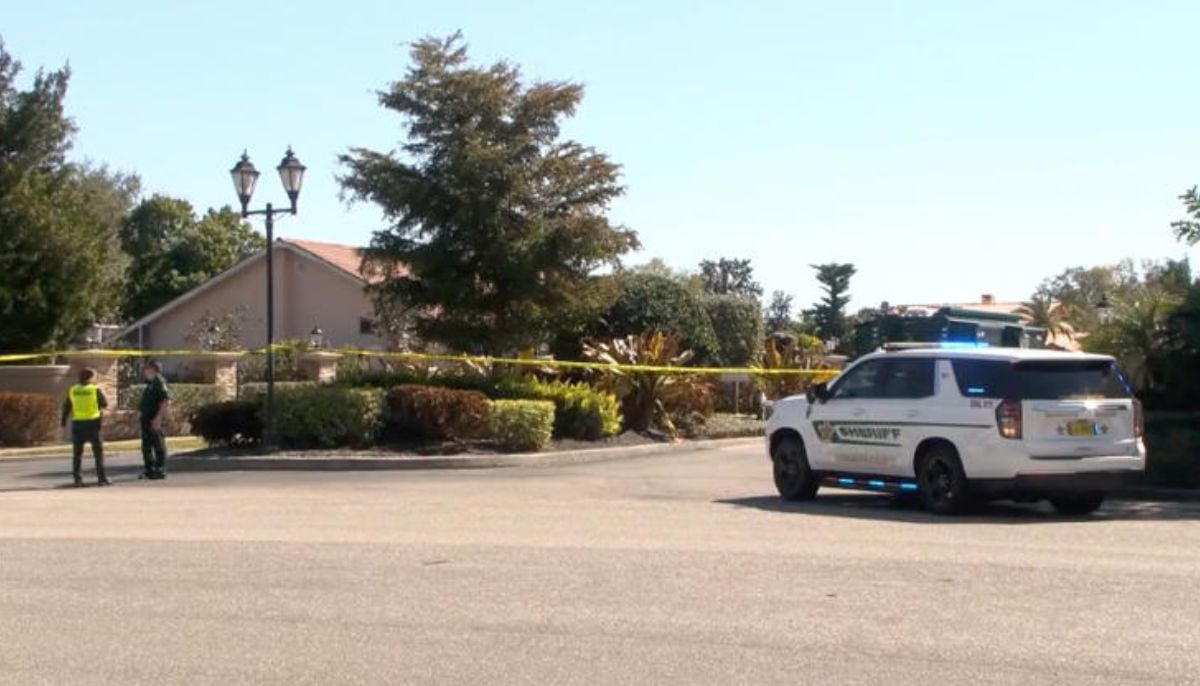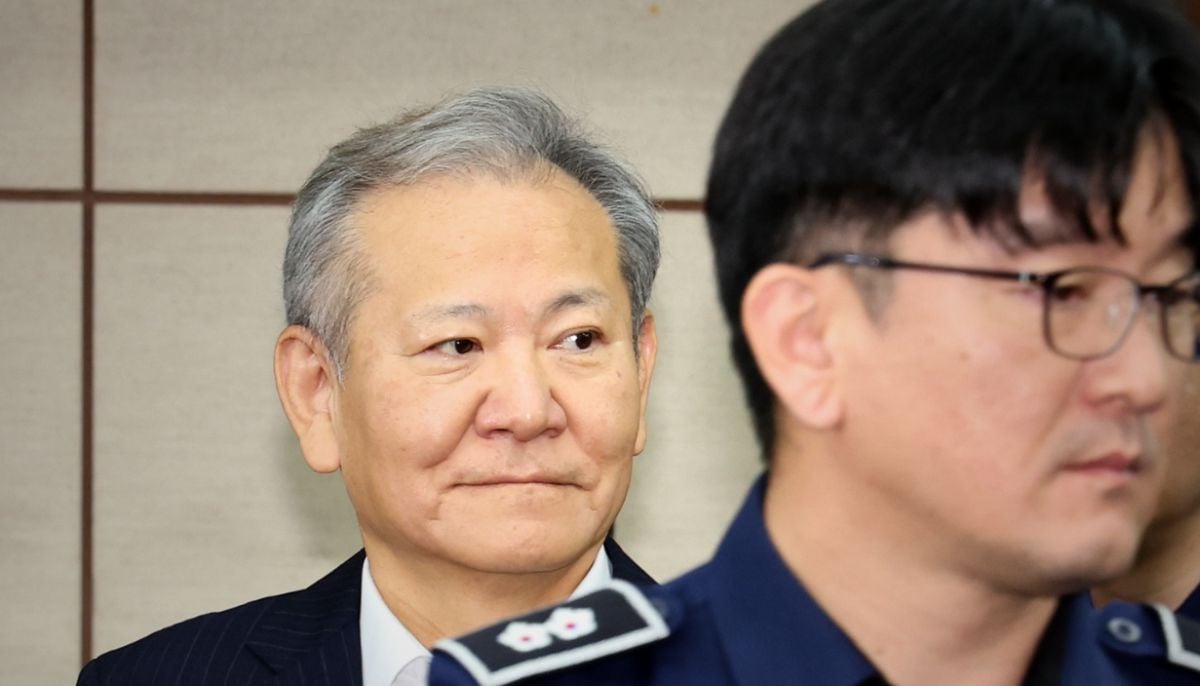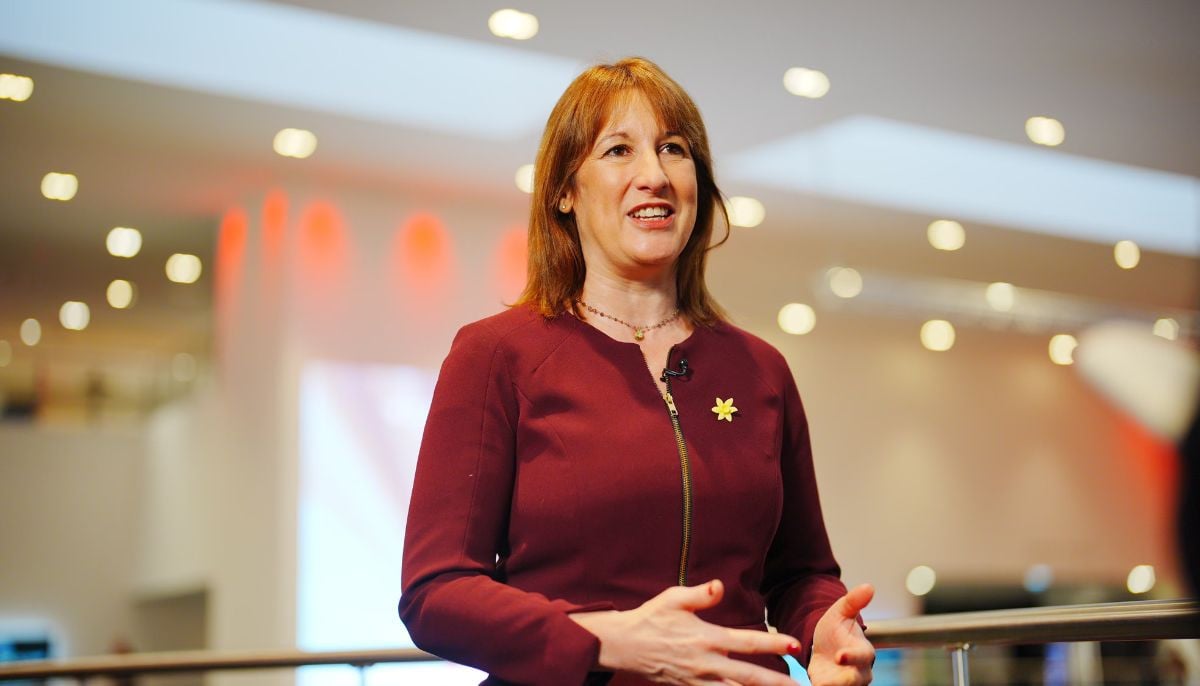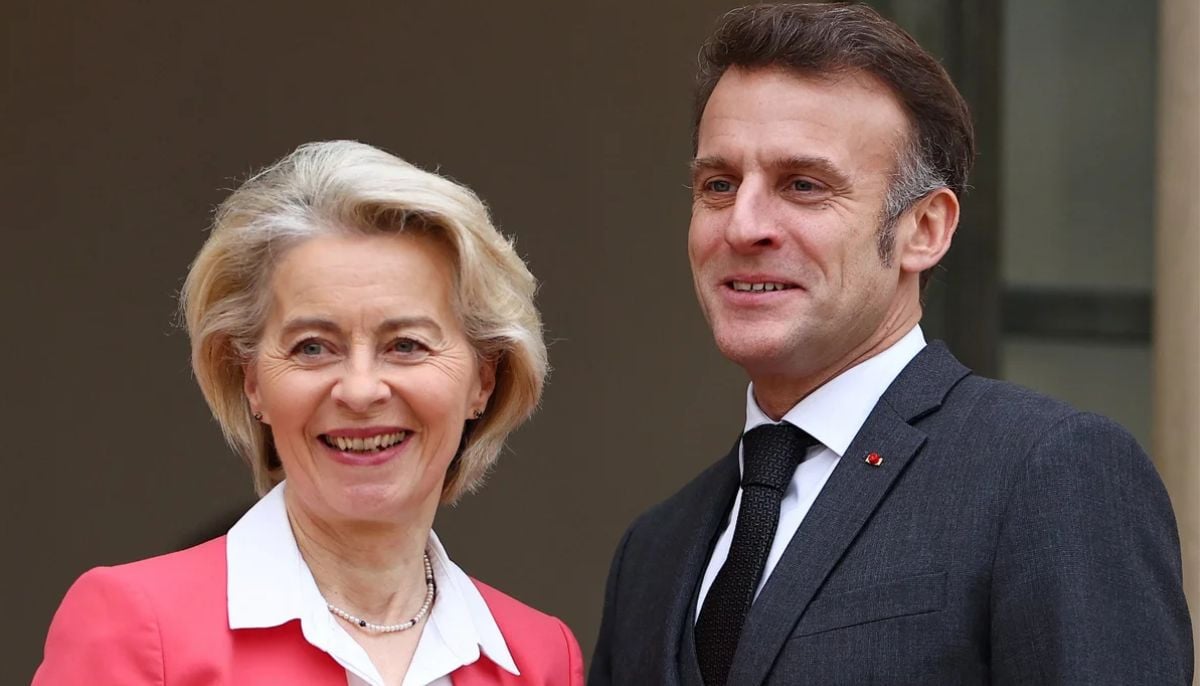High-stakes talks on seabed mining and mineral exploitation begin in Jamaica
The talks began in Kingston, Jamaica, seat of the International Seabed Authority (ISA)
UNITED NATIONS: Global negotiations over how to regulate mining of the seabed jumped to life on Thursday, facing pressure from a tiny Pacific nation that may soon apply for a contract if talks don’t lead to action.
The talks began in Kingston, Jamaica, seat of the International Seabed Authority (ISA), the 167-nation body that regulates exploitation of minerals on the sea floor outside national jurisdictions.
"We come together now with the work on the mining code, well advanced and with six weeks of negotiating before us this year," said Michael Lodge, the body’s secretary general.
Lodge referred to the upcoming two-week council session of the ISA and follow on sessions before the end of the year.
Exploitation of sea floor minerals is not expected to begin until the adoption of a mining code that has been under discussion for nearly ten years.
But Nauru, a sovereign Pacific island nation with a population of 12,500, has thrown a spanner in the works by triggering a clause in June 2021 allowing it to demand the adoption of these rules within two years.
When this period expires in a few months, Nauru will be able to apply for an exploitation contract for Nori (Nauru Ocean Resources), a subsidiary of Canadian mining startup The Metals Company which it sponsors.
The UN Convention on the Law of the Sea grants authority to ISA to control seabeds outside territorial waters of nations. The seabeds are considered a "common heritage of mankind" that belong to no one.
For the moment, contracts granted to about 30 research centers and companies only concern the exploration of delimited zones.
The seabed negotiations take place after several landmark global actions in favor of environmental protection.
Earlier this month, the UN High Seas Treaty was adopted to protect oceans and seabeds beyond national jurisdiction.
The Kingston negotiations also follow a historic deal in December at the UN Biodiversity Conference which aims to protect at least 30 percent of the planet’s land and water by 2030.
"With these global milestones, the pressure is now on the ISA council to deliver," Lodge said.
Not all ISA member states are on board with seabed extraction, contending that too little is known about the impact of disturbing the ocean floor. Some dozen states, including Chile and France, believe a moratorium is in order.
"The agreement of the High Seas Treaty demonstrates the commitment of countries around the world to protect and prioritize the health of our ocean. It is essential that the same countries carry through to other fora, including the ISA, and support a moratorium on deep-sea mining," said Duncan Currie, of the Deep Sea Conservation Coalition NGO, in a statement.
-
Las Vegas father shoots daughter's boyfriend, then calls police himself
-
'Fake' sexual assault report lands Kentucky teen in court
-
Woman arrested months after allegedly staging husband’s murder as suicide
-
Bangladesh sees high turnout in landmark national election
-
Lufthansa cancels hundreds of flights amid pilot and cabin crew strike
-
South Korea ex-interior minister jailed for 7 Years in martial law case
-
UK economy shows modest growth of 0.1% amid ongoing budget uncertainty
-
EU leaders divided over ‘Buy European’ push at Belgium summit: How will it shape Europe's volatile economy?
